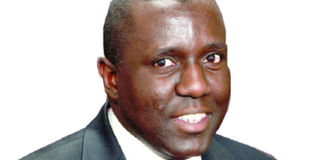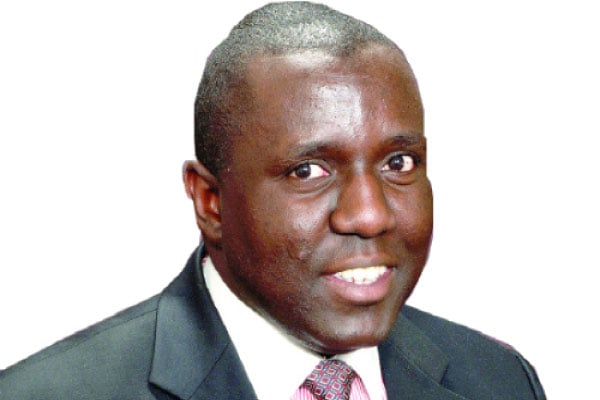Prime
End of 2021 is like 1981: Food, energy, resources and disease at the fore

What you need to know:
- Just like in 1981, many countries are at eye-balls confronting rising sovereign debt, rising oil prices, inflationary pressures and explosion of the under-classes. The under-classes are confronting decades if not centuries of segregated economic existence in back-waters like Chile, Argentina.
The history books are flipping pages in each other’s faces. The world is more populous and more prosperous in 2021 than it was in 1981. 1981 was a remarkable year on its own. Ronald Reagan became US president coasting to victory after US humiliation after the fall of the Shah in Iran.
A B-class movie star rode to power in an unexpected feat over an establishment of highly educated scions of the cold war. Reagan rose on the back of the oil crisis, Soviet imperious advances and intense urban conflicts in the US inner cities from which the US social infrastructure has never quite recovered today. The United Kingdom empire was quickly folding up as Margaret Thatcher battled strikes, inflation at home and the UK called exit on Zimbabwe.
The UK was contending with paying war debts dating from the First World War which she only paid off in full in 2001, just before entering the second Iraq war debacle. Both Reagan and the Pope John Paul II survived assassination attempts.
A conflict index painted a grim picture of the globe. The global Aids pandemic was in its first throes, alarming a section of the global scientific community. Up to this day, Aids research and treatment retains a classified element partly out of its clinical and warfare roots. When President Joe Biden arrived at the White House in 2021 (at 78, the oldest president to take office since Ronald Reagan took office at age 69) commissioned the intelligence community to give him a report on the origins of Covid-19 there was a sigh of relief that competing conspiracy theories would come to an end. Unfortunately, Covid-19 is ending 2021 like Aids on a “robust” contained but not diminished note. In fact the necessity of continuous vaccines poses significant risks for the entire humanity. President Biden has found like his predecessor, he cannot exactly leap off the horse that his predecessor faced in 2019 to return Covid-19 to a genie bottle back into the lab.
1981 was the beginning of the turn of fortunes of China and what later became the Asian tigers that rode huge Asia into three decades of economic transformation. Many of these countries could barely feed their people at independence in the 1950s and 1960s. Mao’s culture wars left millions of Chinese dead, uprooted from their roots. Everything in Asia at the time ill-fitted, clothing, automobiles, etc.
In 2021, China and Asia, partly challenged by the failure to reform authoritarian models must also be patting their backs for facing challenges of development, an aging society, pay-offs for massive investments into foreign economies as lenders, investors and manufacturers of everything vital to everyday life in the 21st Century.
2021 in Africa, the world’s fastest growing continent continues to be a mixed bag. Africa with the exception of a few countries has been shielded from the worst ravages of Covid-19. Just 7 percent of Africans are fully vaccinated, but this has not translated into an armaddegon. Yet public health specialists worry about new variants of more destructive disease, malaria, tuberculosis.
Climate change is presenting new challenges to low technology Africa, its capacity to feed its people.
After a brief lull, low and medium intensity conflicts are covering swathes of Africa. Others are the cold-war menu of coup d’etats. Some of these are driven by the rise of ISIS in Africa in one count, Madagascar, Mozambique, the DRC, Uganda, Sudan, South Sudan, Ethiopia, Eritrea, Guinea, Mali and others. The modern AU charter that sought to expel coup leaders has been outpaced by the rising centrality of the military to civilian political processes.
Just like in 1981, many countries are at eye-balls confronting rising sovereign debt, rising oil prices, inflationary pressures and explosion of the under-classes. The under-classes are confronting decades if not centuries of segregated economic existence in back-waters like Chile, Argentina.
The Minister of State for Kampala, Kyofatogabye Kabuye told a hushed Parliament that low income Kampala residents, 70 percent of whom live in some form of urban slum, spend 40 percent of their income on transport. Partly astonished, partly stung, the Speaker cut him off telling the minister, who was modestly handling the official language, to wind up his statement.
Mr Ssemogerere is an Attorney-At-Law and an Advocate.




